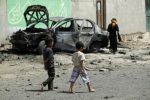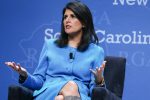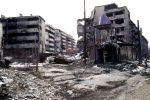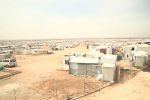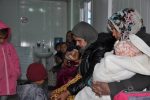NEWSLETTER Week of April 14th 2017
|
|
Related Articles
Newsletter 18/01/20
Click on the image to read the newsletter
NEWSLETTER Week of october 31th 2017
NEWSLETTER Week of october 31th 2017 Subscribe FOCUS ON Audrey Azoulay nominated by UNESCO Executive Board
NEWSLETTER Week of July 21th 2017
NEWSLETTER Week of July 21th 2017 Subscribe FOCUS ON The Order of Malta commits itself against





